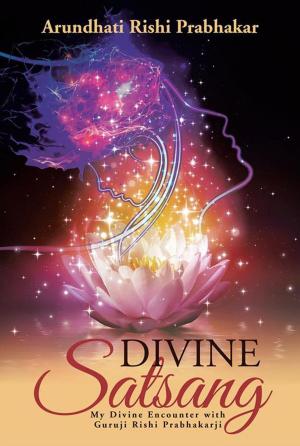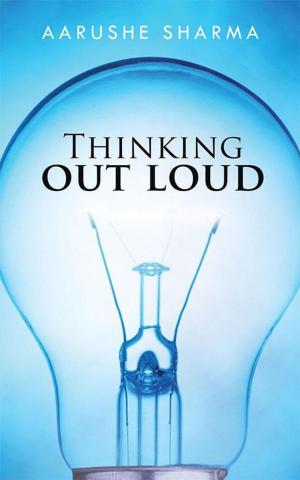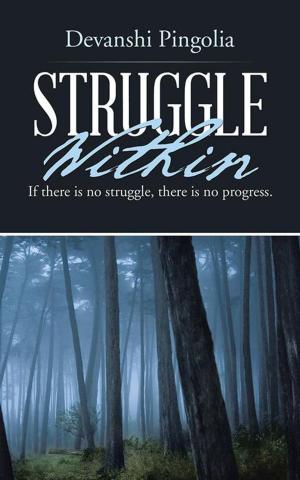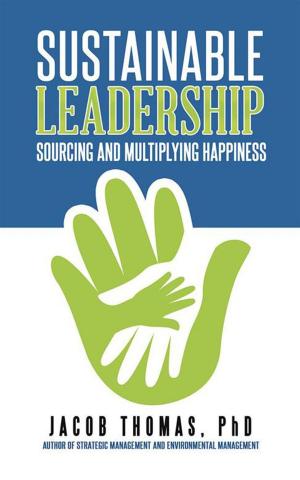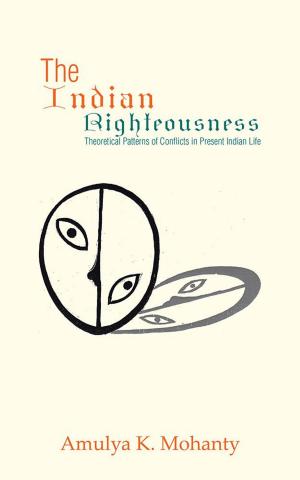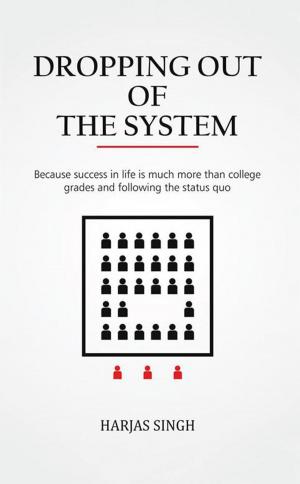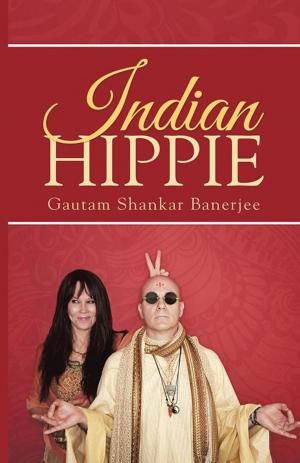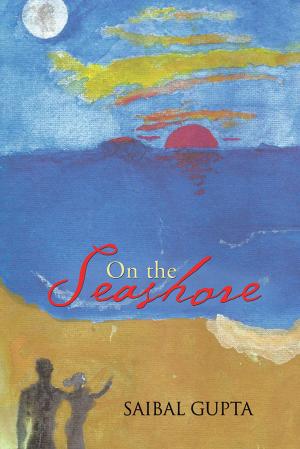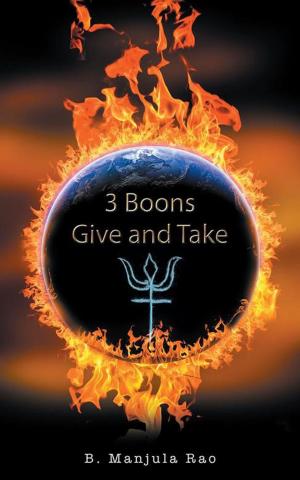A Critical Study of the Novels
Of Rokeya Shakwat Hossain Zeenuth Futehally Iqbalunnisa Hussain Tara Ali Baig Attia Hosain
Fiction & Literature, Anthologies, Nonfiction, Reference & Language, Language Arts| Author: | Roshan Benjamin Khan | ISBN: | 9781482867565 |
| Publisher: | Partridge Publishing India | Publication: | March 23, 2016 |
| Imprint: | Partridge Publishing India | Language: | English |
| Author: | Roshan Benjamin Khan |
| ISBN: | 9781482867565 |
| Publisher: | Partridge Publishing India |
| Publication: | March 23, 2016 |
| Imprint: | Partridge Publishing India |
| Language: | English |
This is a comparative study of the unaccredited yet formidable five major Indian Muslim women novelists: Rokeya Sakhawat Hossian, Zeenuth Futehally, Iqbalunnisa Hussain, Tara Ali Baig, and Attia Hossian. The book explores their work with regard to themes like patriarchy, feminism, religiosity, nationality, secularity, and above all, liberty. Their contribution to the growth of novel writing in English cannot go ignored as they created a momentum in writing novel using English language as a medium of combined feminist statements with a message to liberate Muslim women from religious conventions, social taboos, and a male-dominated world. The study of their novels also makes us aware of the grit and determination and the sheer hunger of these writers to make their mark, to speak out unequivocally against prejudice, basically to enlighten us how their personalities were shaped and eventually established. Their sensitivities as women give an edge to the entire narrative as does their unprecedented and undaunted dare to the oppressors. In the great tradition of modern and postmodern fiction, our writers use their pen to stand up against inequality of any kind and to undo the stereotypes, leading themselves by example.
This is a comparative study of the unaccredited yet formidable five major Indian Muslim women novelists: Rokeya Sakhawat Hossian, Zeenuth Futehally, Iqbalunnisa Hussain, Tara Ali Baig, and Attia Hossian. The book explores their work with regard to themes like patriarchy, feminism, religiosity, nationality, secularity, and above all, liberty. Their contribution to the growth of novel writing in English cannot go ignored as they created a momentum in writing novel using English language as a medium of combined feminist statements with a message to liberate Muslim women from religious conventions, social taboos, and a male-dominated world. The study of their novels also makes us aware of the grit and determination and the sheer hunger of these writers to make their mark, to speak out unequivocally against prejudice, basically to enlighten us how their personalities were shaped and eventually established. Their sensitivities as women give an edge to the entire narrative as does their unprecedented and undaunted dare to the oppressors. In the great tradition of modern and postmodern fiction, our writers use their pen to stand up against inequality of any kind and to undo the stereotypes, leading themselves by example.

